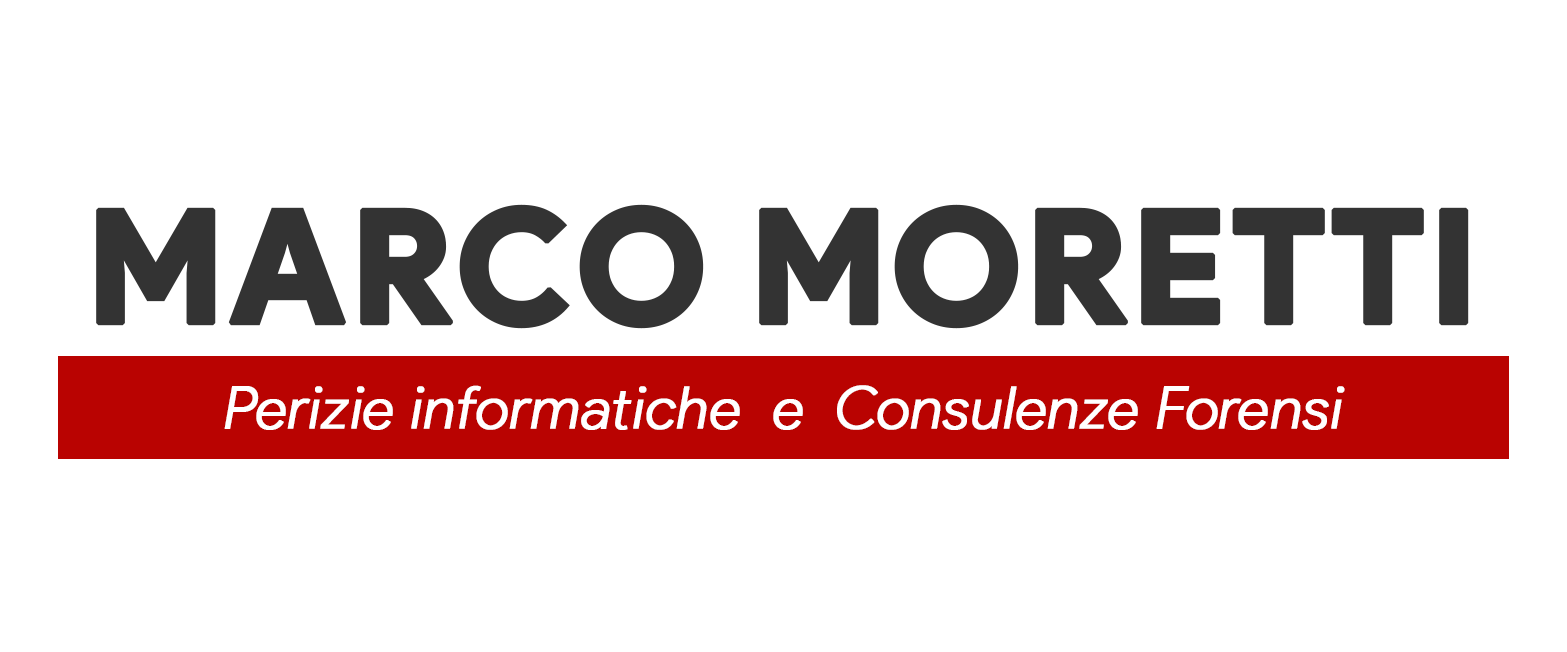The ethical-value reference framework within which to outline the elements of the professional integrity culture infrastructure is represented by the relevant indications of Law 04/2013 (Article 1, paragraph 3) and Articles 2 paragraph 2, and 27-bis of the Consumer Code.
The indications highlight the “safeguarding of human dignity” as the founding principle of the professional’s activity and, consequently, of “human rights” as originating from the same human dignity.
For these reasons, the professional is required to draw inspiration and ensure that the activity complies with the Principles of the Italian Constitution, the European Convention on Human Rights, and the Universal Declaration of Human Rights, expressing the universalist ethical positioning based on respect and protection of Human Dignity and Fundamental Human Rights.
The Professional Ethical Charter
PRINCIPLES
- Principle of respect for human dignity: in every action and for every intention, for every objective and in every means, each human being should be treated as an end and never as a means.
- Principle of non-maleficence: in all professional activities, avoid harming people in any way.
- Principle of benevolence: professional activities should be aimed at promoting the well-being of people.
- Principle of integrity: maintain personal standards of conduct suitable for a professional in all circumstances, decisions, and behaviors.
- Principle of justice: treat others, as human beings, appropriately with fairness and equality.
- Principle of utility: professional decisions and activities should be aimed at achieving the maximum benefit for the greatest number of people, but without violating the rights and dignity of each person.
- Principle of double effect: in decisions and in carrying out professional activities, avoid foreseeable negative side effects that are disproportionate to the potential benefit derived from the main effect.
VALUES
- Legality: act in compliance with existing laws and rules.
- Sustainability: pursue development capable of ensuring the satisfaction of the needs of the present generation without compromising the ability of future generations to meet their own.
- Social justice: act and commit to the realization of a just and equitable society.
- Honesty: act with sincerity and keep promises.
- Incorruptibility: act while maintaining independence from private interests.
- Impartiality: act without prejudice and independently of specific group interests, avoiding any form of discrimination and identifying and managing any conflicts of interest, real or potential.
- and transparency: act in a manner that can be subjected to controls to justify and explain actions to stakeholders.
- Competence: act with the necessary knowledge and skills, constantly taking care of one’s training and professional development, to ensure high-quality performance, in line with the most recent stages reached by professional practice and analysis techniques and methodologies.
- Service: act usefully and reliably, in accordance with the client’s preferences with quality performance, achieving the desired objectives with the minimum necessary resources.
- Dedication: act with diligence, enthusiasm, and perseverance.
- Innovation: act with imagination and creativity, invent or introduce new products, services, or processes capable of generating value for relevant stakeholders.


